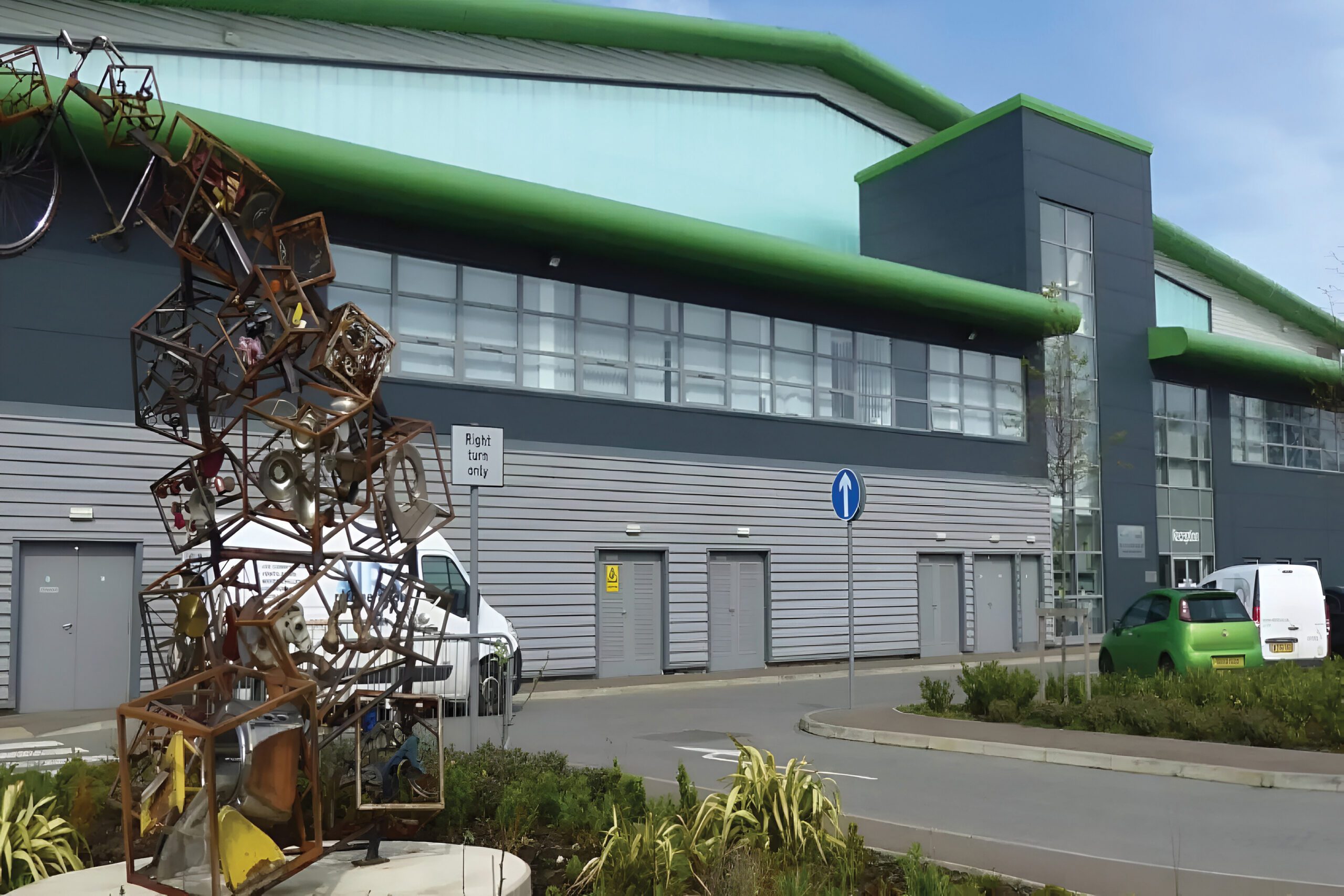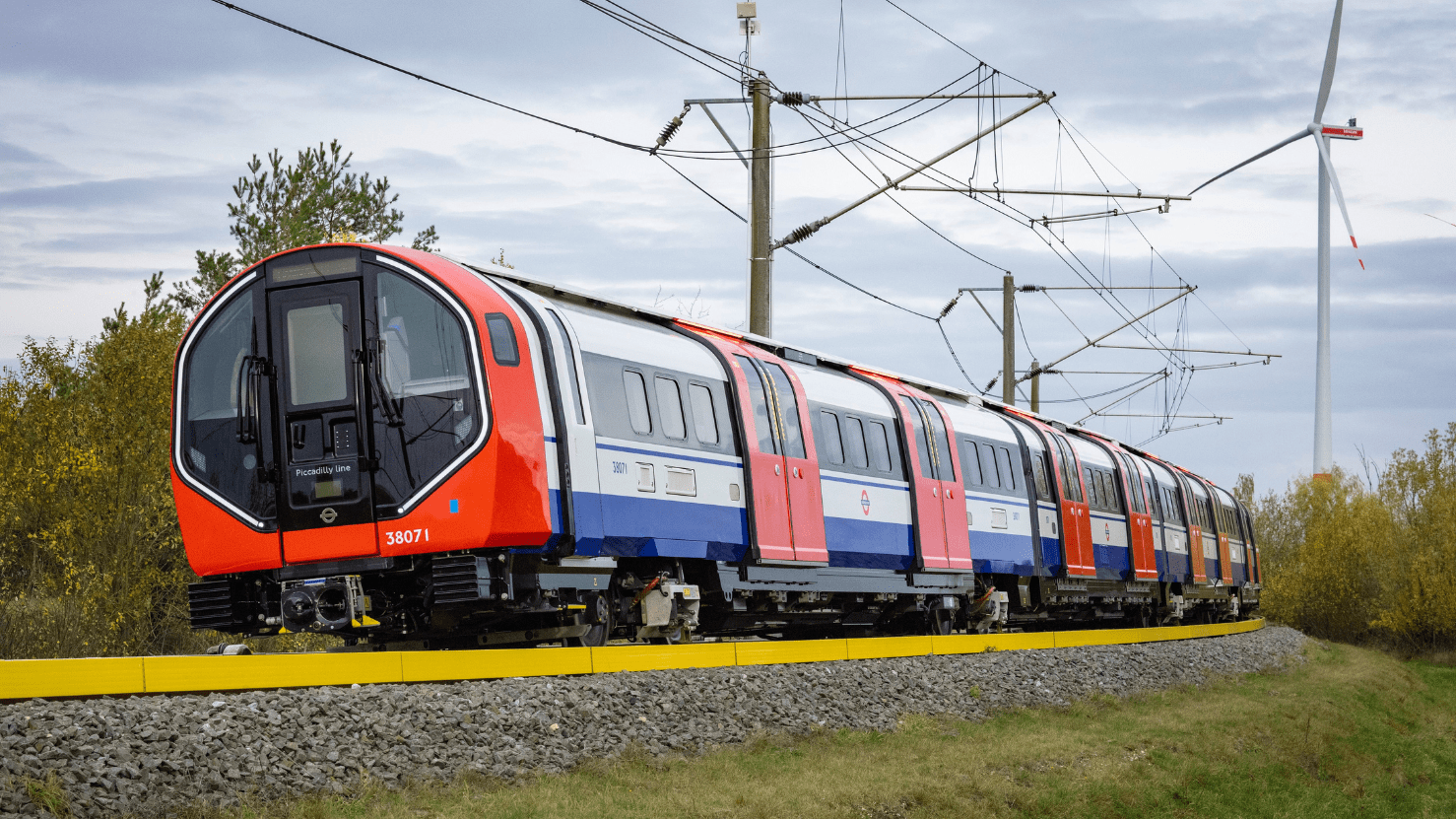Milton Keynes City Council has published an updated five-year plan to become net zero by 2030 to tackle climate change, its impacts and drive climate leadership for the city.
The UK Government has set a legal deadline for all organisations to be net zero by 2050. This means everyone must remove or offset the greenhouse gases they would usually produce.
Milton Keynes City Council is going further and faster to become fully net zero by 2030 – 20 years ahead of the legal deadline.
Around four per cent of greenhouse gas emissions in Milton Keynes come from the City Council, much of those from lighting streets, powering vehicles and heating buildings.
The council declared a climate emergency in 2019, and has already reduced its emissions by 35% through green initiatives including:
- Changing the city’s streetlights to low energy LED versions (98% complete).
- Powering electric waste vehicles by using household waste that can’t be recycled (a third are now electric).
- Reduced energy consumption in council buildings by 80%.
The new net zero plan goes even further, with action including making sure every mile travelled on council business is a no or low emissions mile and putting in new infrastructure so heat produced from managing waste and commercial activities can be used to heat buildings like schools and leisure centres around the city.
The City Council has also published a separate plan to support the set-up of heat networks for the city. The plan will also set new sustainability standards that all contractors will need to meet, and council services will be prepared for the current and future impacts of climate change. The City Council will also be planting trees and enhancing green spaces that capture and control greenhouse gases to offset any emissions that can’t be removed. A city-wide strategy is also under development and will be published later this year.
Innovative heat network will be UK’s first
Local people could soon be swimming in the UK’s most environmentally friendly pool and browsing books in its greenest library as Milton Keynes Central Library, Woughton Leisure Centre, and Milton Keynes City Council’s civic building are set to become the first council buildings in the UK to join an innovative new zero carbon heat network.
Milton Keynes City Council has successfully bid for £4.35m in funding from the Public Sector Decarbonisation Scheme to prepare three of its buildings for connection to a heat network as part of its plans to become a net zero council by 2030. The scheme is run by the Department for Energy Security and Net Zero and delivered by Salix.
Heat networks capture local sources of heat that would otherwise go to waste, such as from commercial data servers or the heat produced by processing waste. Milton Keynes City Council processes 133,000 tonnes of waste that can’t be recycled at its Waste Recovery Park each year, and as well as creating electricity used to power its fleet of electric waste collection vehicles, that process creates heat.
In a heat network, heat generated by facilities such as these could be transferred to nearby buildings instead of being lost, saving money on power bills as well as being far more sustainable.
In the UK, heating buildings is one of the biggest sources of greenhouse gas emissions, and the Government has set a target that 17% of UK heat will be provided through local heat networks by 2030.
The buildings would be part of the first phase of the heat network, and heat for local homes would follow, providing local people with a clean, reliable and affordable alternative to gas bills.
Next month the city council will take a formal decision to approve the procurement process to enable the connection of several buildings to a heat network, with the support of Public Sector Decarbonisation Scheme (PSDS) grant funding.
Find out more about the heat network strategy, or contact Milton Keynes City Council on their website.



















